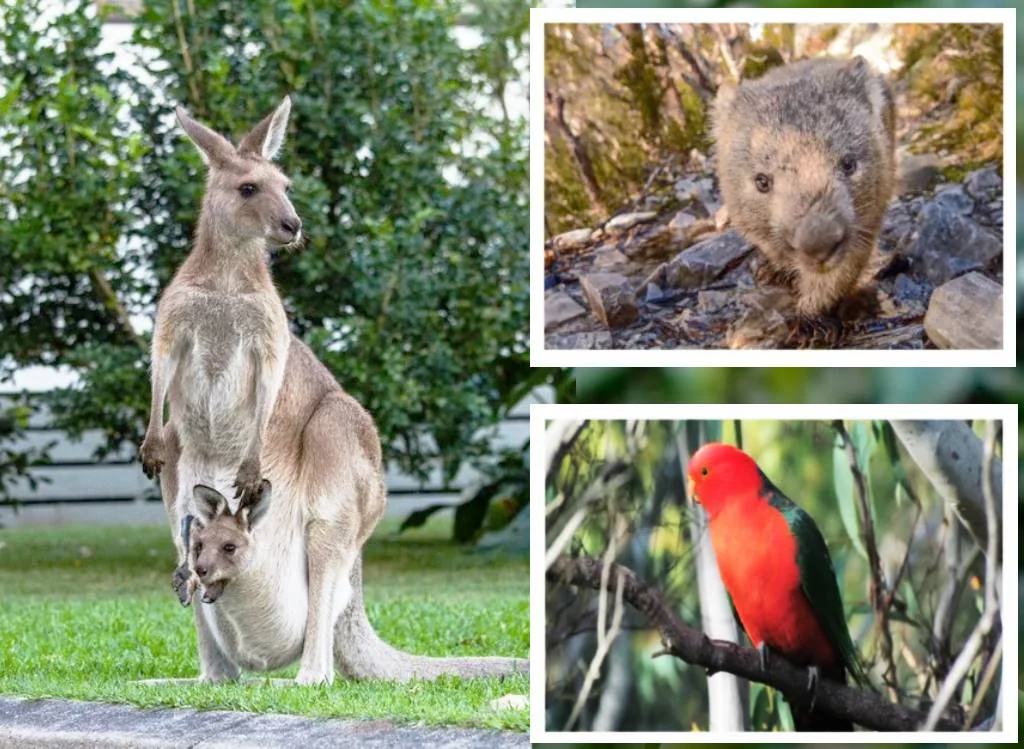
The Australian Wildlife Protection Council (AWPC) is glad of the opportunity to offer ambitious and innovative ideas to halt and reverse decline in our biodiversity. We are pleased to learn that the federal/ Commonwealth Government has committed to: reduce climate changing emissions by 43% by 2030, on a path to net zero by 2050, and to protect and conserve 30% of our land for the natural environment by 2030.